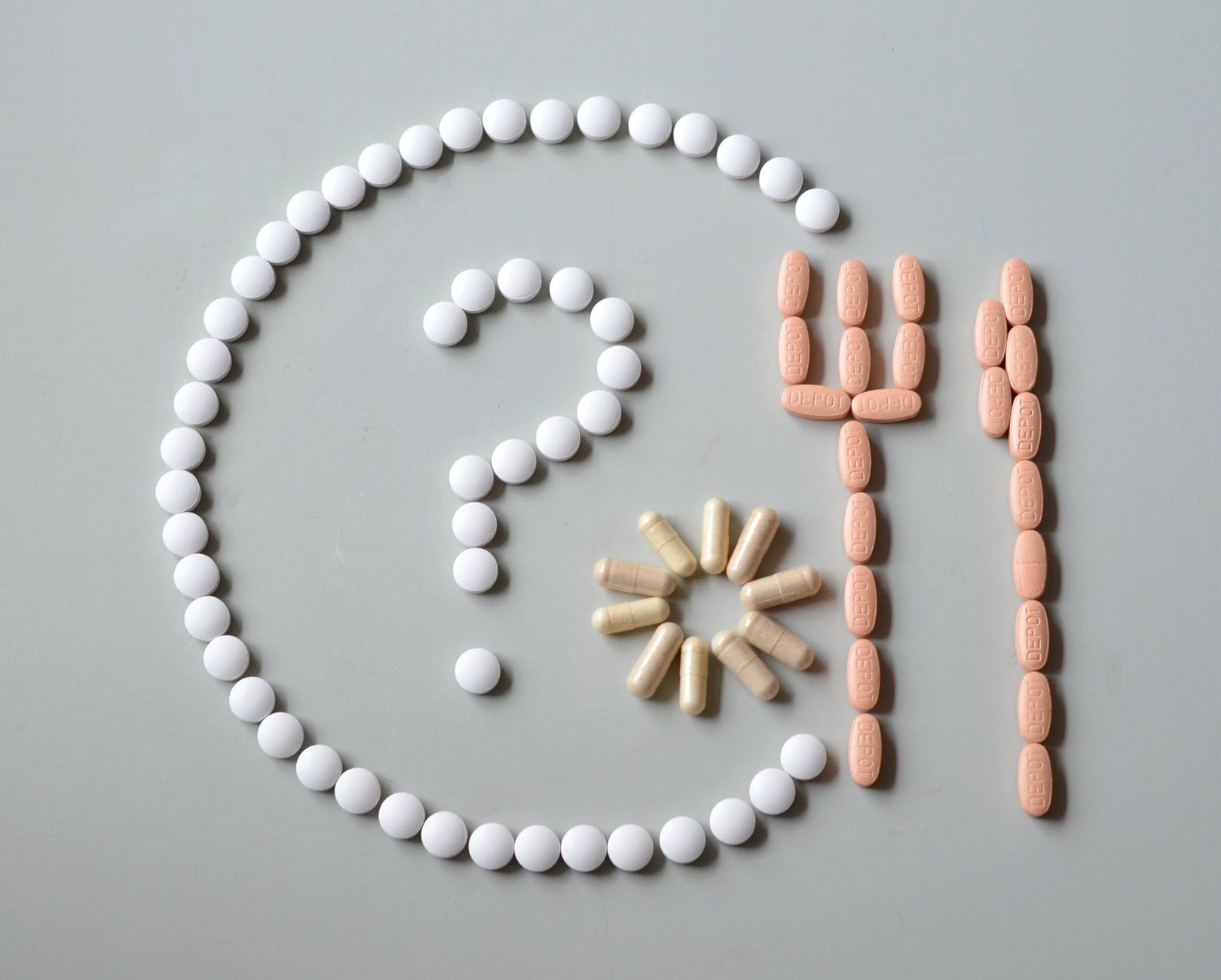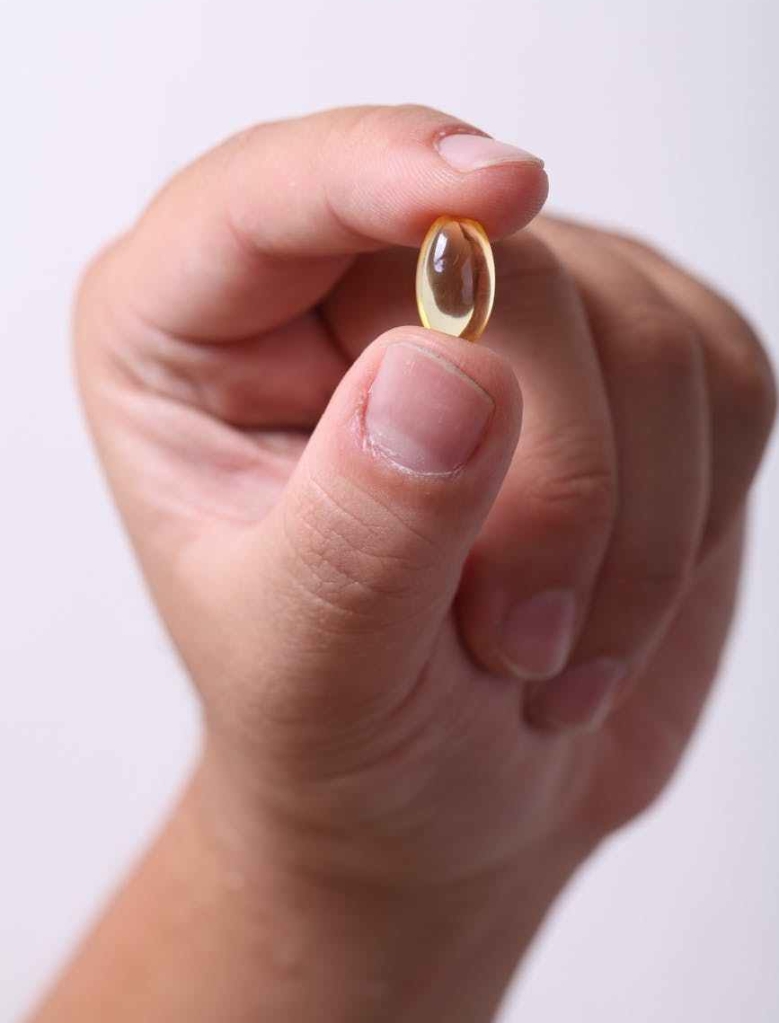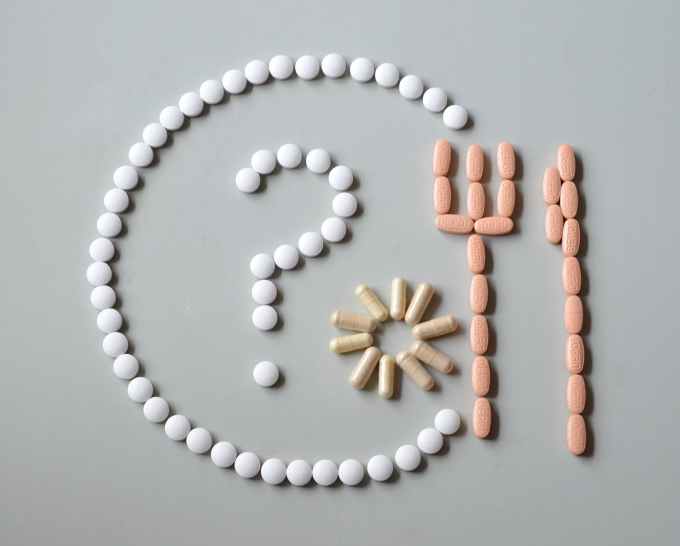We are seeing an epidemic of sleep problems in our practice and many people are seeking to improve their sleep quality and duration without having to resort to the use of medications. I have written earlier about sleep hygiene – that is the consistent behaviors you need to engage in in order to get sufficient rest nightly. Here we are going to talk about using dietary supplements as sleep aids.

The three most common problems that adults (sleep duration for children and adolescents is different from adults) have with sleep are
1) insomnia – the inability to go to sleep within 15 minutes or to return to sleep within 15 minutes of being awakened in the night,
2) hyposomnia – the inability to get at least 7 hours of sleep nightly 3 or more nights of the week, and
3) hypersomnia – getting 9 or more hours of sleep nightly 3 or more nights of the week.
In general, the average adult requires 7.5 – 8.5 hours of sleep nightly. For those who exercise regularly, sleep requirements are less but only about 30 minutes less than their non-exercising peers. Sleep requirements also decline with age, but those decreases do not occur until the late 60s or early 70s for most adults.
When choosing a sleep supplement, it is important to note that the FDA has not evaluated any manufacturers claim that their products do in fact improve sleep quality or increase sleep duration. And, you should also evaluate the risks and benefit of using any supplement to help you or your loved one sleep by doing your research before beginning with any supplement. Not all supplement manufacturers are equal either – do your research. We also recommend having a conversation with your primary health care provider before taking any supplement for any reason. With that said, there are some supplements that have good support for use as sleep aids in combination with good sleep hygiene.

There are 3 neurotransmitters/hormone that your brain produces in order to get you to sleep and keep you asleep until it’s time to wake up. Gamma-aminobutyric acid (GABA) is the brain’s primary inhibitory neurotransmitter and it GETS us asleep (this is an oversimplification but it works for our purposes here). Serotonin is also an inhibitory neurotransmitter and it helps us to STAY asleep. Melatonin, which is derived from serotonin and SAMe, MODULATES our sleep. Finding a supplement that includes all 3, is a good recipe for sleep.
Other supplements that if been shown to improve sleep include
- magnesium
- L – theanine
- vitamin B6
- passion flower (which appears to boost GABA)
- Kava Kava
- Lemon balm
- Valerian root
- chamomile.
Cannabidiol (CBD) is an extract of cannabis plants (marijuana or hemp) that contains miniscule amounts of the psychoactive ingredient tetrahydrocannabinol (THC) but may be beneficial in enhancing sleep. I cannot recommend CBD oil at this point, but it may prove to be a useful sleep aid.
In general, using a sleep aid that has several ingredients as opposed to a single ingredient, say melatonin, are better than those that rely on a single ingredient. In fact, it is not a good idea to use melatonin by itself or for longer than a few months (or less), or in doses higher than 3 mg. Some research has shown that an effective dose range for adults using melatonin is 0.3 – 1.0 mg, but most over the counter sleep aids contain 3-10 times that dose. People using melatonin alone and/or in high doses also report nightmares and melatonin “hangovers” the morning after use (this can also happen when taking any sleep aid too close to bedtime or if you don’t allow yourself 7-8 to sleep after taking a sleep aid). Again, I think it is important to discuss using supplements with your primary care provider before starting on any supplement.
The U.S. Food and Drug Administration (FDA) does regulate dietary supplements; however, it treats them like foods rather than medications. Unlike drug manufacturers, the makers of supplements don’t have to show their products are safe or effective before selling them on the market. The FDA has not evaluated the claims made in this article nor are the recommendations made in this article intended to treat, cure, or prevent any disease.
Written by Wes Center, PhD, LPC-S, NCC, BCPCC, BCN
Clinical Director of Brain & Behavior Associates

